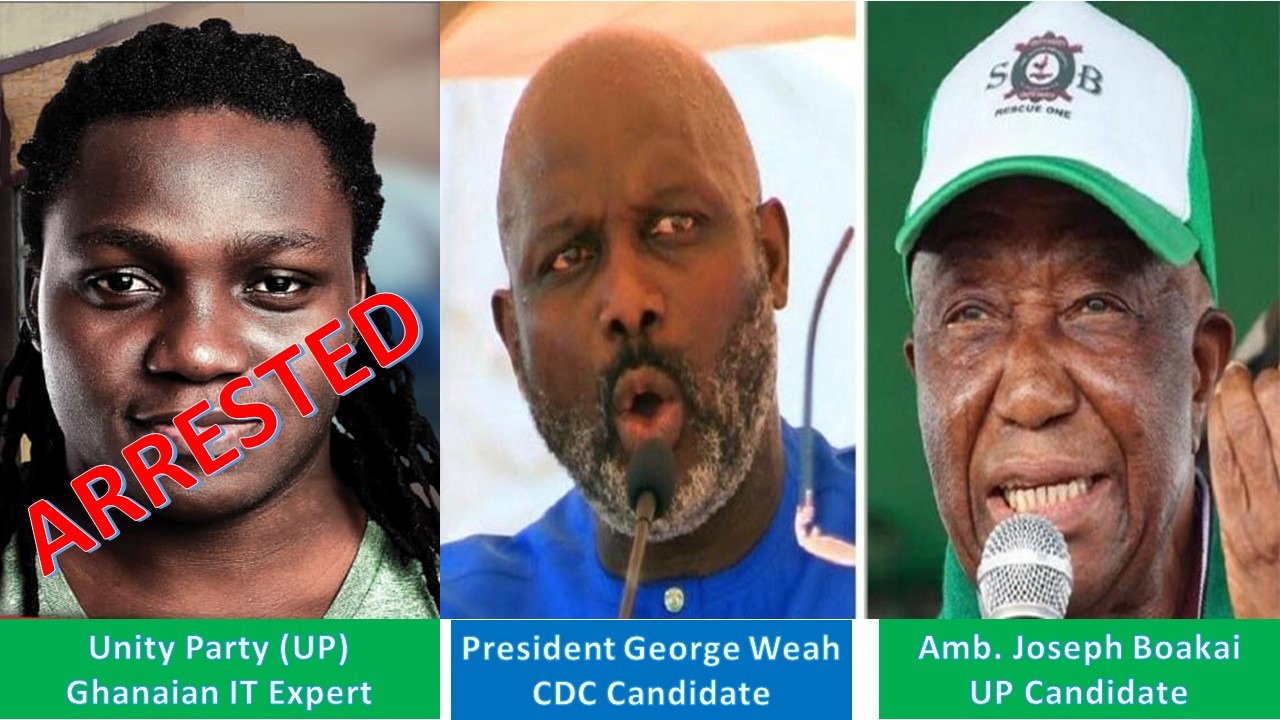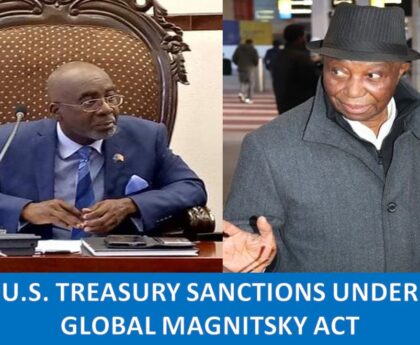In recent developments, District #10 representative Acarous Moses Gray has come under scrutiny for allegedly sending his daughter, Amelia Gray, to the USA for studies, while neglecting qualified and professional members of the Coalition for Democratic Change (CDC) for international scholarships. Critics argue that Gray’s actions highlight a disparity in opportunities within the ruling government.
One of the key issues raised by dissenting voices is the apparent favoritism displayed by Gray in sending his daughter abroad, while qualified CDCians are allegedly overlooked for educational opportunities. The accusations gain traction as Gray and the CDC government face allegations of prioritizing family and few political loyalty over merit when it comes to international scholarships.
The controversy deepens as Gray and the Weah administration face criticism for their failure to provide international study opportunities for CDCians, instead allegedly channeling them into roles as CDC militants. The irony is not lost on CDCians who question why the government did not seize the opportunity to empower young professional CDC members with educational opportunities.
A further point of contention revolves around accusations directed at Amara Konneh, a prominent figure associated with the Unity Party (UP) Alliance. Gray and the Weah administration accuse Konneh of utilizing funds from the Ellen Johnson-Sirleaf administration to educate UP supporters in the USA and Europe. In response, CDCians question why similar opportunities were not extended to their own party members.
The dissatisfaction with the Weah government becomes more pronounced as critics highlight missed opportunities to provide international scholarships for young professional CDCians. Instead, some argue that the government opted to keep them in roles perceived as less prestigious, fostering a sense of neglect and disappointment among the party’s dedicated members.
Acarous Moses Gray further draws criticism for reportedly spending substantial amounts of money on his wedding in Paris, a move perceived by some as a misplaced allocation of resources. The contrast between lavish personal expenditures and the pressing needs of citizens within District #10, such as access to clean drinking water and adequate school facilities, intensifies resentment toward Gray’s representation.
The discontent within District #10 culminated in a rejection of Acarous Moses Gray by the citizens he sought to represent. The recent social media engagement and public discourse surrounding Gray’s actions have left many CDCians questioning the achievements of the six-year CDC-Weah government. Some argue that the legacy appears to be one of militancy and vocal support for the CDC party, rather than tangible improvements in the lives of the citizens it vowed to serve.
As these controversies unfold, the spotlight remains on the need for transparency, accountability, and equitable distribution of opportunities within the government. The dissatisfaction expressed by citizens raises important questions about the priorities and actions of elected representatives, urging a reevaluation of the principles guiding governance in District #10 and beyond.




